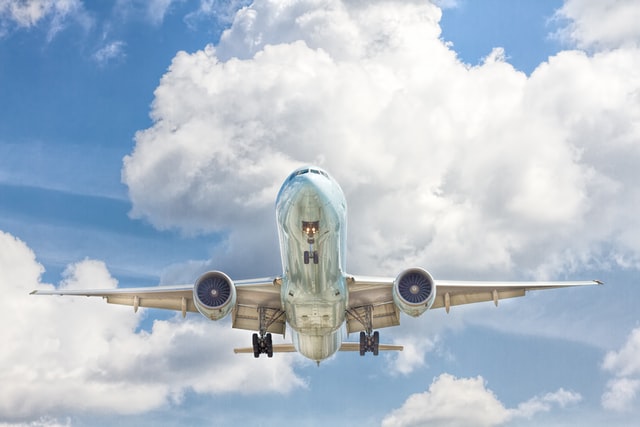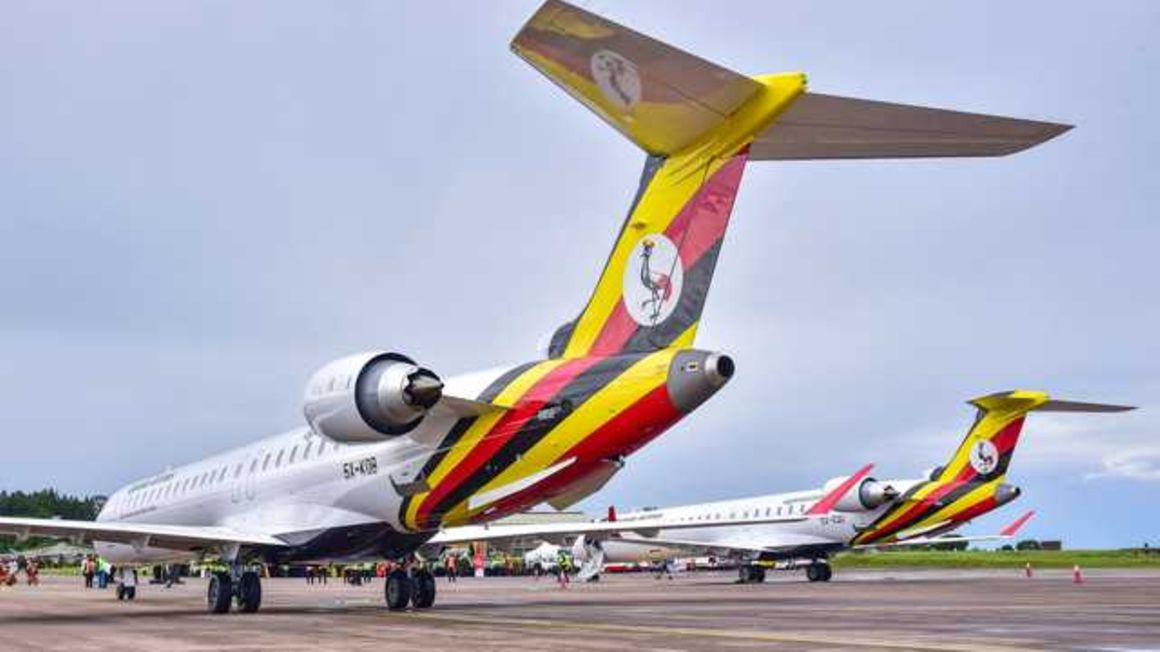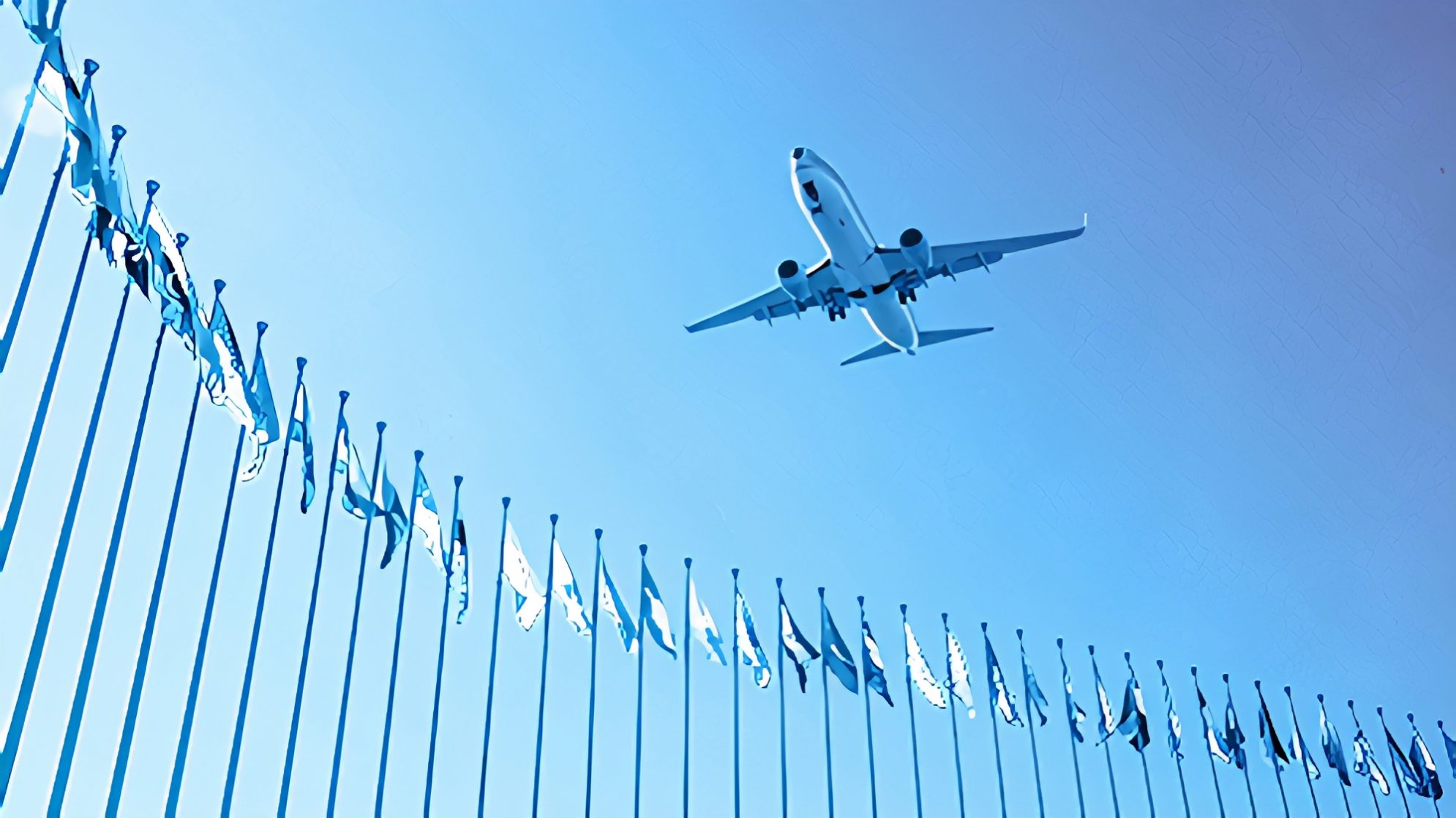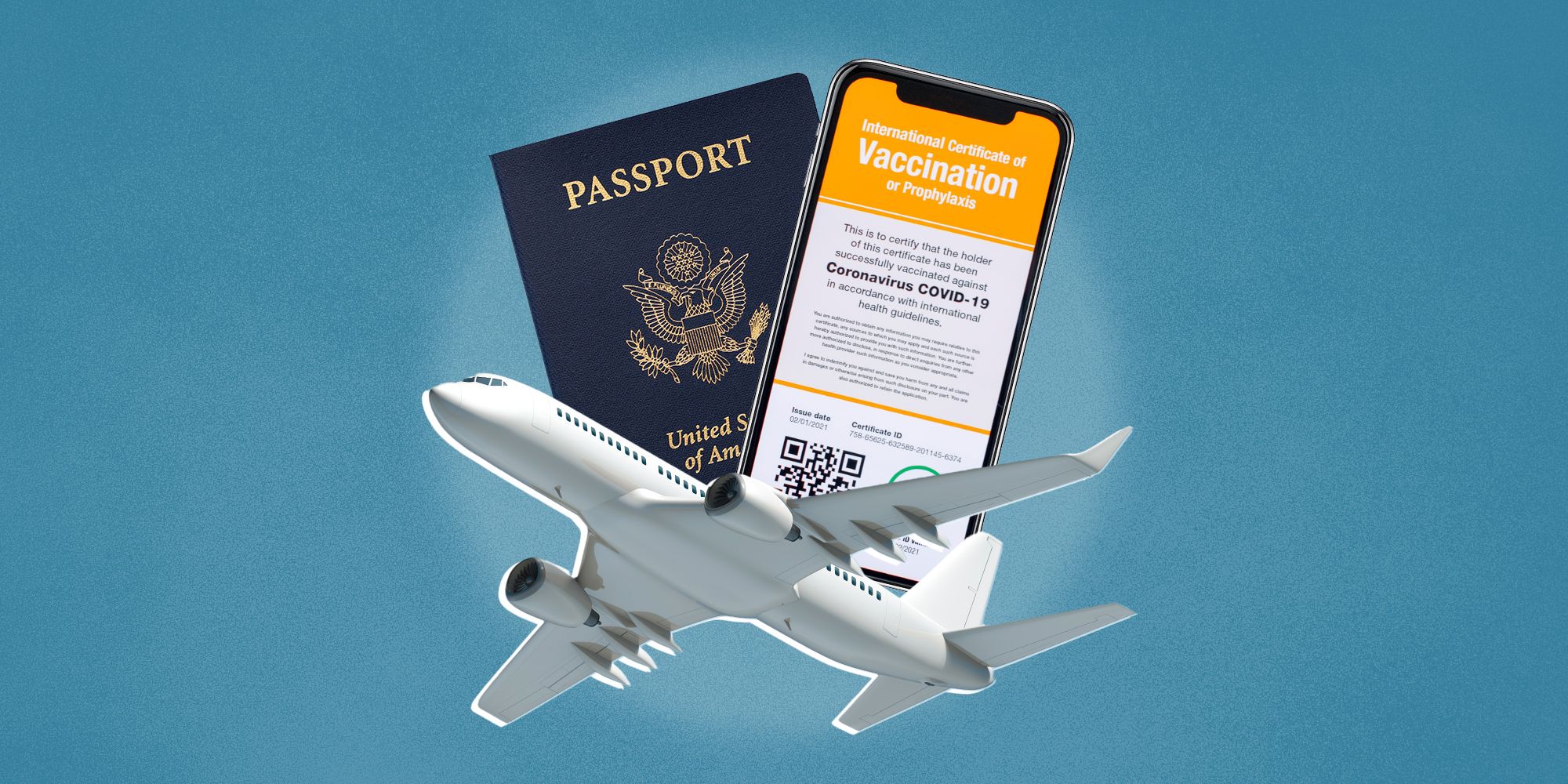Hotels in Dubai recorded a surge in occupancy rates in September, boosted by the easing of travel restrictions and the countdown to Expo 2020 in October.
The average occupancy rate rose to 67.2 per cent in September, jumping 51 per cent compared to the same month in 2020, according to hospitality data and analytics specialist STR. September’s performance is also a month-on-month increase from occupancy rates of 58 per cent in August and 53.9 per cent in July.
“Seasonal dynamics and global travel lockdowns that contributed to some of the softness over summer are giving way to an improved travel environment driven by a combination of less-restrictive travel, Expo 2020 and improved seasonal weather,” Shady Elborno, head of macro strategy at Emirates NBD Research, said in a report on the tourism sector on October 19.
“Those factors are likely to continue to support the tourism market into the first quarter of next year, helping place the market back on to a more normalised footing after the impact of the pandemic on this economically important sector,” he added.
Dubai hotels’ September revenue per available room (RevPar) – a key performance metric calculated by multiplying a hotel’s average daily room rate by its occupancy rate – more than doubled, up 117 per cent year-on-year, to Dh271.85 ($74), according to STR data.
The city hosted 2.85 million international overnight visitors from January to July 2021, according to government data from Dubai Tourism and Commerce Marketing.
Dubai was one of the first cities globally to re-open its markets and businesses in July 2020 and continues to stay open, while ensuring strict compliance with health and safety measures. The UAE also has one of the world’s highest per capita Covid-19 vaccination rates. Covid-19 cases in the UAE this week fell to below 100 for the first time in 565 days, according to official figures.
“This bodes well for potential further loosening of restrictions with other countries, which will likely translate into higher tourist inflows with gateways where those travel restrictions are loosened,” according to the travel sector outlook by Emirates NBD, Dubai’s biggest lender.
The removal of the UAE from the UK’s red list in August, followed by the recognition of UAE-administered vaccines from October that allows travel between the two countries with no need for home isolation, “bodes well” for travel with that key source market, it said.
“Furthermore, the loosening of restriction on travel with India, the most important source market for Dubai, is another factor supporting tourist inflows, and likewise Saudi Arabia,” the report said.
Moreover, Expo 2020 Dubai has recorded more than 700,000 visits since October 1.
From October 1 to 17, a total of 771,477 ticketed visits were recorded. Visit numbers have risen by 12 per cent in a week, according to the world fair’s daily briefing. Expo 2020 has a target of 25 million visitors for the duration of the exhibition.
“We expect the global improvement in tourism dynamics, the ongoing loosening of two travel restrictions between the UAE and other countries, weather improvements, and the approach of seasonal holidays to play well in favour of Expo 2020 and overall tourism dynamics in Dubai in the near term,” Mr Elborno said.
Dubai’s non-oil sector continued its growth for the 10th consecutive month and ended the third quarter at its highest three-month average since the end of 2019, with the emirate’s Purchasing Managers’ Index standing at 51.5. A reading above 50 indicates economic expansion while one below points to a contraction.
Confidence in the travel and tourism sector reached a five-month high in September and outpaced that seen in the rest of the non-oil sector, according to IHS Markit’s Dubai PMI. Travel and tourism companies saw a sustained upturn in sales in September, which some respondents linked to increased demand in the run-up to Expo 2020.
Source: The National News










